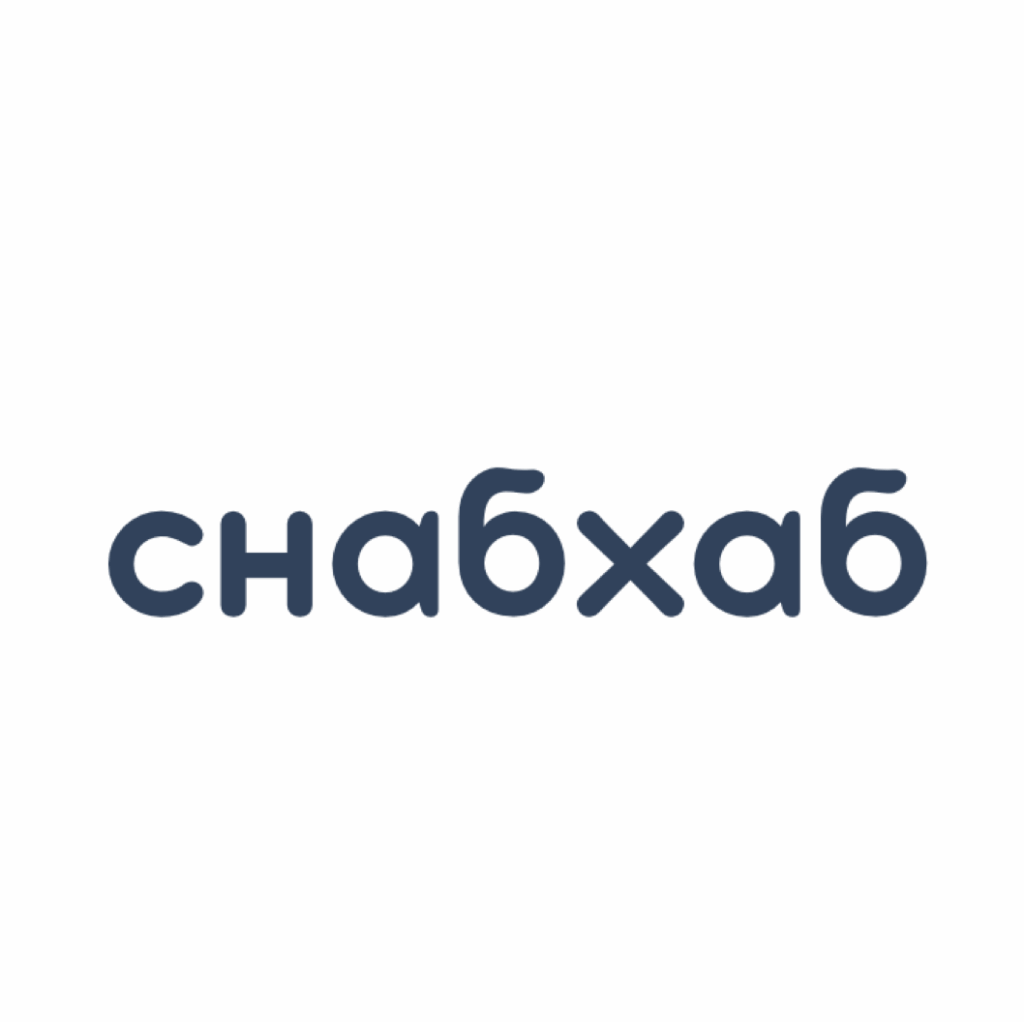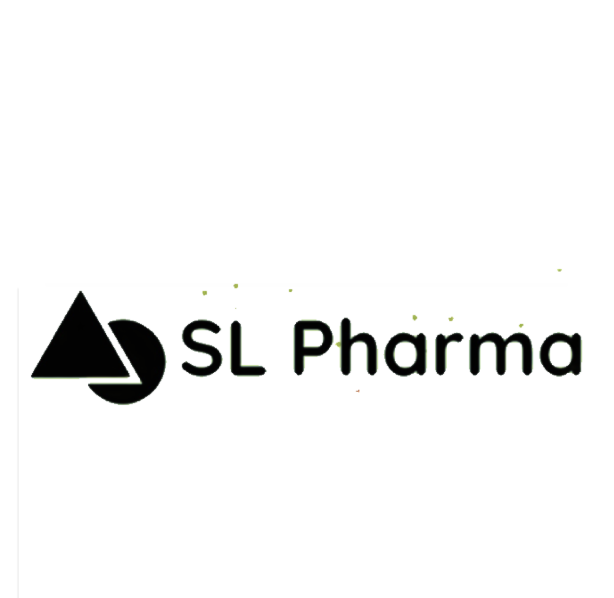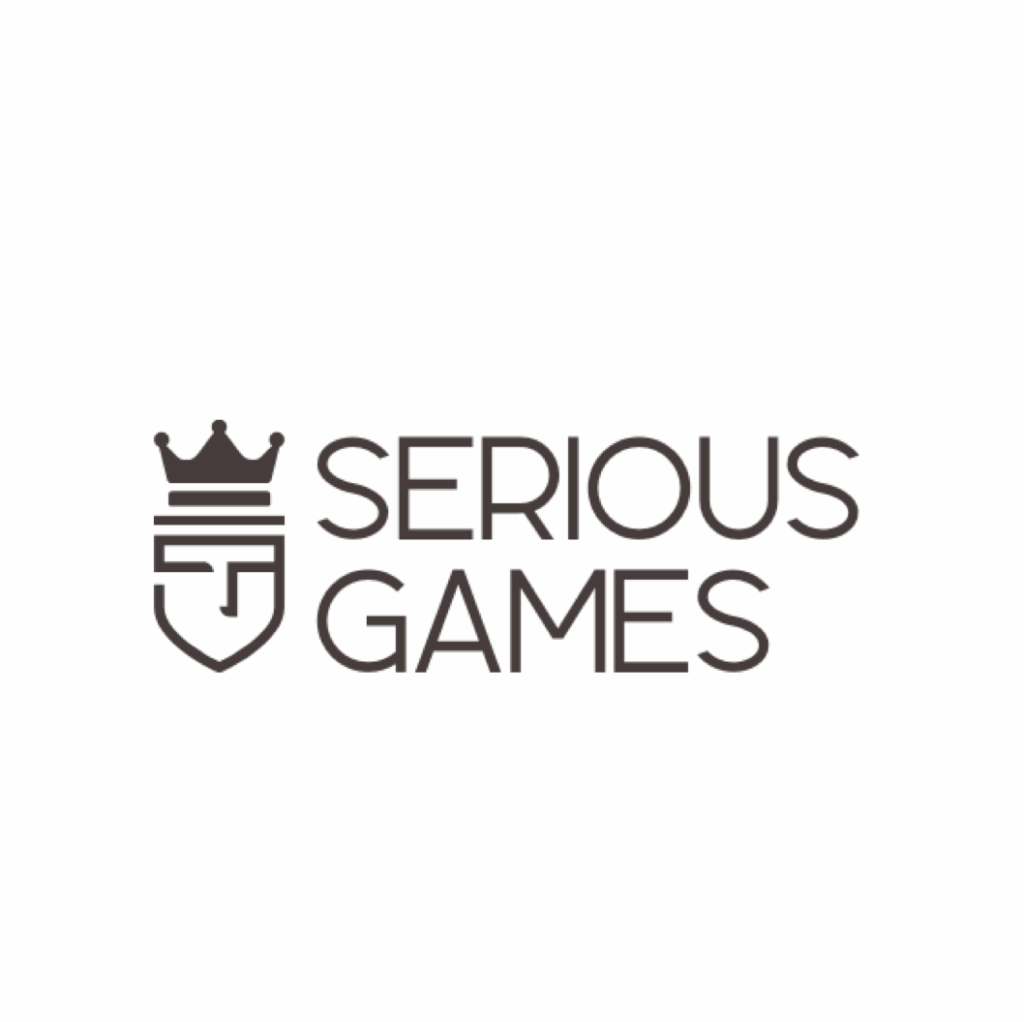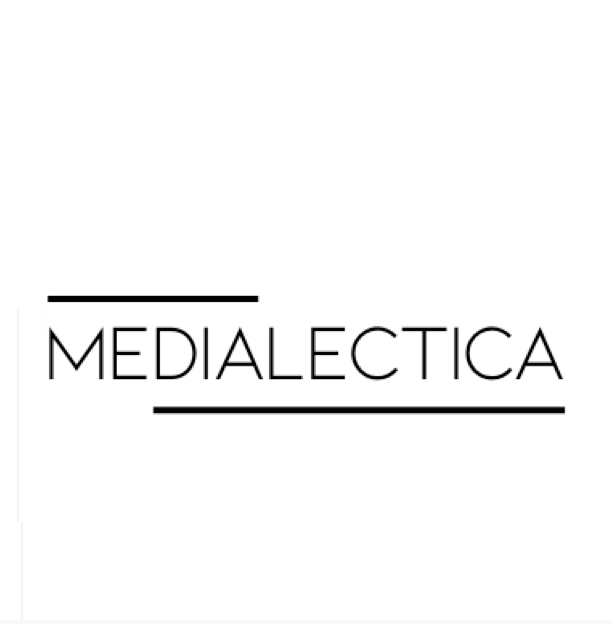[playht_listen_button inline="yes" tag="p"]
The Ministry of Health has developed a program for the treatment of PTSD. Russians with post—traumatic stress disorder used to be helped by related recommendations – as patients with anxiety disorders and something similar. But now the issue has become especially relevant, so I had to deal with it closely. In addition to medications, patients will be prescribed soothing baths. And not only.
As explained in the department, PTSD can occur in anyone, because any event can have a negative effect on a person. Now the participants of the special operation and their families, residents of border regions, refugees and many others will help to get rid of the disorder.
How will this happen?
Returning fighters will be checked with an express test to identify early signs of PTSD and not to take them to extremes. But you can also ask for help yourself.
90% of patients will need counseling from a psychologist (he deals with mild disorders), a third will be sent to a psychotherapist (borderline disorders that can be treated with therapy and medications), and another third to a psychiatrist (severe disorders that are treated with serious drugs).
In addition, almost half of the applicants will have to spend two months in a medical facility so that psychiatrists can conduct an examination every day.
How will they be treated?
First, they will check the blood for hormones, take general and biochemical blood tests and a general urine test. Additionally, transcranial scanning of arteries and veins, ECG, electroencephalography and MRI of the brain will be performed to exclude additional problems. After that, depending on the specific case, the doctor will prescribe antidepressants, antipsychotics and tranquilizers.
There is also non—drug treatment – individual and group psychotherapy sessions, aroma baths and therapeutic showers, sun healing and other sanatorium ways to calm down and relax.
What do the doctors think about this?
Doctors expressed their joy that psychological help will become more accessible — narrow-profile doctors will even be offered to take retraining courses, which will take 5 months. But after them pediatricians, therapists and other specialists will be able to help patients and prescribe treatment.
But there are questions about the effectiveness of some treatments. Elena Burdelova, a psychotherapist at the Doctis telemedicine service, said that physiotherapy and aromatic baths mainly have a placebo effect and do not help the overall clinical picture too much. And the drugs seem to be effective, but not very new.
Roman Suleymanov, Associate Professor of the Department of Psychiatry at the RUDN University, also has questions about the choice of specialists from the Ministry of Health. According to him, the list of drugs is full of tranquilizers, and most of them are benzodiazepine, although modern psychiatry avoids them. They are not recommended for patients with substance abuse disorders. Therefore, the doctors wanted the standard to be adjusted according to modern research and practices.
If “PTSD” sounds like something out of Hollywood movies and unreal, then we hasten to dissuade you – this disorder is very common. You don’t have to go through a fight or get into an accident to get it.







